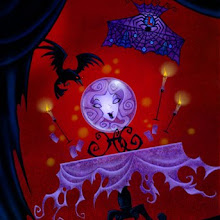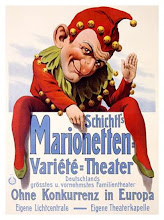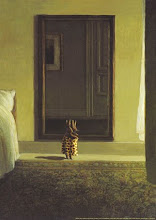 Some men who came into Baraterre today tell me that the little church my father built decades ago has fallen off the edge of Church Cay into the sea. A church that had been there before it, built in the eighteenth century, did the same thing a long time ago. The news has started me thinking. We want so desperately to believe that our lives are uplifted lines, like pistons below our feet that we fight to balance on as we are sent soaring, always higher, out of the crude depths of our origins. But they aren’t. Each life is a spiral, a series of concentric revolutions that brings us within arm’s lengths of our past, again and again.
Some men who came into Baraterre today tell me that the little church my father built decades ago has fallen off the edge of Church Cay into the sea. A church that had been there before it, built in the eighteenth century, did the same thing a long time ago. The news has started me thinking. We want so desperately to believe that our lives are uplifted lines, like pistons below our feet that we fight to balance on as we are sent soaring, always higher, out of the crude depths of our origins. But they aren’t. Each life is a spiral, a series of concentric revolutions that brings us within arm’s lengths of our past, again and again.This is the story of my spiraling life, and I’ll try to be brief. Maybe you can make something out of it. My story, that is, up to this point.
I was born on an island in the Exuma chain in the Caribbean. My parents were white missionaries, southerners. I was born about as close to godlessness as I possibly could be, under the circumstances, above a bar in Baraterre called Fat Billy’s Ball ‘n’ Chain. My mother was living there above the bar in a rented room, but my father was on another island by himself building a church with no windows, no doors, and no prospect of a congregation. In other words, a house of God that not even God would set foot in, if he could find a way inside.
 the outer banks of North Carolina
the outer banks of North Carolina Islay in Scotland
Islay in Scotland
 not gaining weight
not gaining weight reading slutty books or Nancy Drew
reading slutty books or Nancy Drew not reading Joyce
not reading Joyce riding around with my uncle who knows all the good stories
riding around with my uncle who knows all the good stories getting the filter removed from my vena cava
getting the filter removed from my vena cava the tour de France
the tour de France reading about the festivals in NME in the aisles of Borders
reading about the festivals in NME in the aisles of Borders













